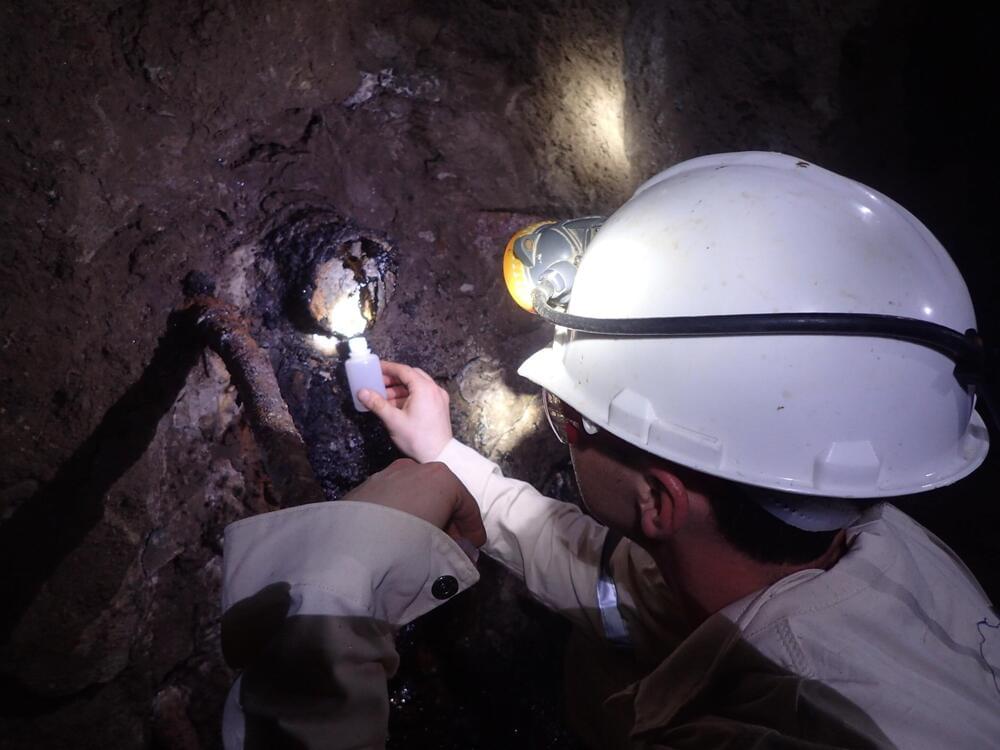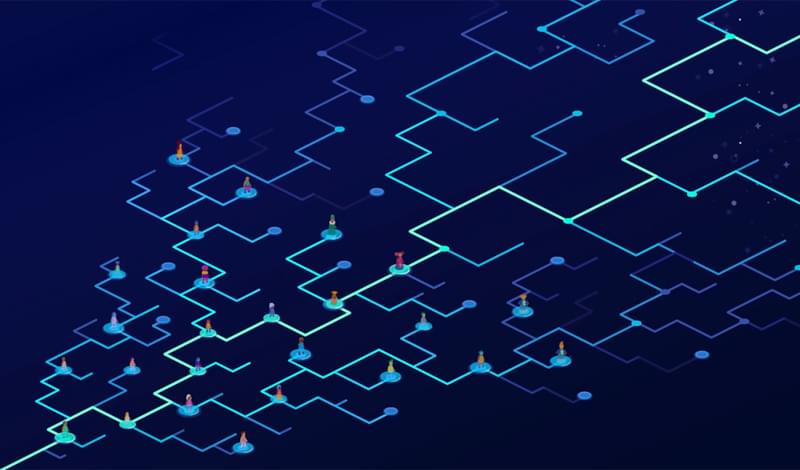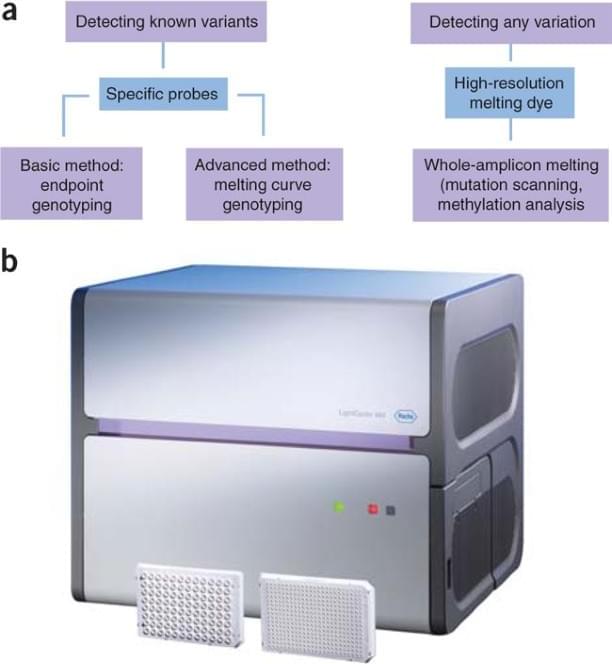An international team of researchers has discovered 1.2-billion-year-old groundwater deep in a gold-and uranium-producing mine in Moab Khotsong, South Africa, shedding more light on how life is sustained below the Earth’s surface and how it may thrive on other planets.
The findings were published earlier this week in the journal Nature Communications.
“For the first time, we have insight into how energy stored deep in the Earth’s subsurface can be released and distributed more broadly through its crust over time,” says Oliver Warr, research associate in the Department of Earth Sciences at the University of Toronto and lead author of the study. “Think of it as a Pandora’s Box of helium-and-hydrogen-producing power, one that we can learn how to harness for the benefit of the deep biosphere on a global scale.”








